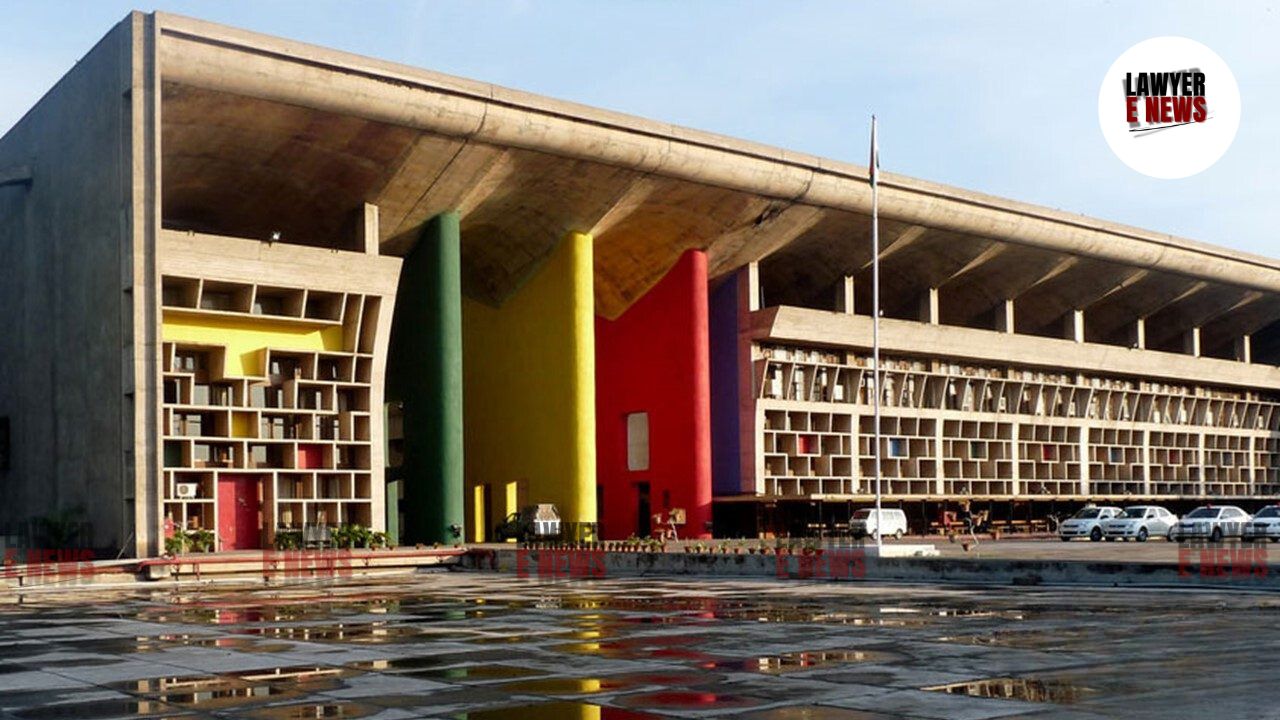-
by Admin
15 February 2026 5:35 AM



Section 210 CrPC does not apply to cross cases involving two separate complaints from opposing parties. Punjab and Haryana High Court delivered a significant ruling regarding the procedure for handling cross cases, arising from the same incident, in Vicky & Others vs. State of Punjab & Another. The petitioners sought to club together a complaint case and a First Information Report (FIR) arising from the same assault incident. The Court, however, dismissed the petition and ruled that while both cases must be heard separately, they should be tried by the same judge to ensure fairness and prevent contradictory judgments.
The case revolves around an altercation involving Vicky and others, where cross complaints were filed by both parties involved in the assault. The original complaint was lodged by Rohit Suri against Vicky, Surinder Kumar, and others, alleging that they attacked him with weapons, causing serious injuries. The incident involved multiple accused using a kirpan, baseball bat, and datar to inflict injuries on the complainant.
On the other hand, Vicky and his associates also lodged a complaint against Rohit Suri, Baldev Suri, Krishan, and others, accusing them of a retaliatory attack. As a result, FIR No. 02/10.02.2016 was registered against the respondents for offenses punishable under Sections 325, 324, 323, and 506 of the Indian Penal Code (IPC).
Both the complaint case and the FIR pertained to the same incident and involved the same parties, albeit with reversed roles of accused and complainant.
The key legal question in this case was whether the complaint case and the FIR, both stemming from the same occurrence, should be tried together or separately. The petitioners argued for the clubbing of the cases under Section 210 of the Code of Criminal Procedure (CrPC), 1973, which deals with the procedure when there is a complaint and a police investigation for the same offense.
Section 210 CrPC mandates that if a Magistrate is made aware that an investigation is ongoing regarding the offense mentioned in a complaint, they must stay the trial of the complaint and call for the police report. If both cases involve the same accused, the law provides that the Magistrate must try both the police case and the complaint case together. The petitioners sought clubbing of their case with the police report for a unified trial.
Justice Anoop Chitkara, who presided over the case, analyzed the scope of Section 210 CrPC and examined judicial precedents on handling cross cases. The Court emphasized that while Section 210 CrPC aims to prevent parallel and conflicting trials, it also requires that cross cases be handled in a manner that upholds the integrity of each case.
Separate Trials for Cross Cases: The Court rejected the petitioners’ plea for clubbing the cases, holding that cross cases should be tried separately but by the same judge. Relying on the Supreme Court’s ruling in Nathi Lal v. State of Uttar Pradesh (1990), the High Court reiterated that:
"The same learned judge must try both the cross cases one after the other. After recording all the evidence in one case, the judge must hear the arguments but reserve the judgment. Then, the judge must proceed to hear the cross case and reserve the judgment in that case as well. Both judgments must be pronounced separately."
This procedure, the Court explained, ensures that the judge considers each case based on its own evidence without being influenced by the parallel proceedings in the cross case.
"Each case must be decided on the evidence available in that specific trial, without relying on the evidence from the cross case."
No Clubbing of Cases: The Court made it clear that although Section 210 CrPC allows for clubbing of cases where there is a police report and a complaint related to the same incident, this rule does not apply in cross-case situations where two parties have lodged complaints against each other. In such cases, the law requires the same judge to try the cases one after the other but not to merge them into one trial.
Judicial Precedents: The High Court referenced the Sudhir v. State of Madhya Pradesh (2001) ruling, which explained the need for separate trials of cross cases to avoid influencing the judgment of one case by the evidence presented in the other. The Court also stressed that each case should be decided purely on the basis of the evidence presented in that particular trial, without reference to the cross case.
Purpose of Separate Trials: Justice Chitkara emphasized the need for separate trials, stating:
"Trying the cases separately by the same judge prevents the risk of conflicting judgments and ensures that the accused in each case receives a fair trial. It also staves off the danger of one party being convicted before their complete case is presented."
The Punjab and Haryana High Court dismissed the petition filed by Vicky and others, ruling that the complaint case and the FIR would proceed separately but be heard by the same judge. The Court clarified that:
By reinforcing the principle of separate trials for cross cases, the Court upheld the rights of both parties to a fair and unbiased judicial process.
Date of Decision: September 26, 2024
Vicky and Others vs. State of Punjab and Another
